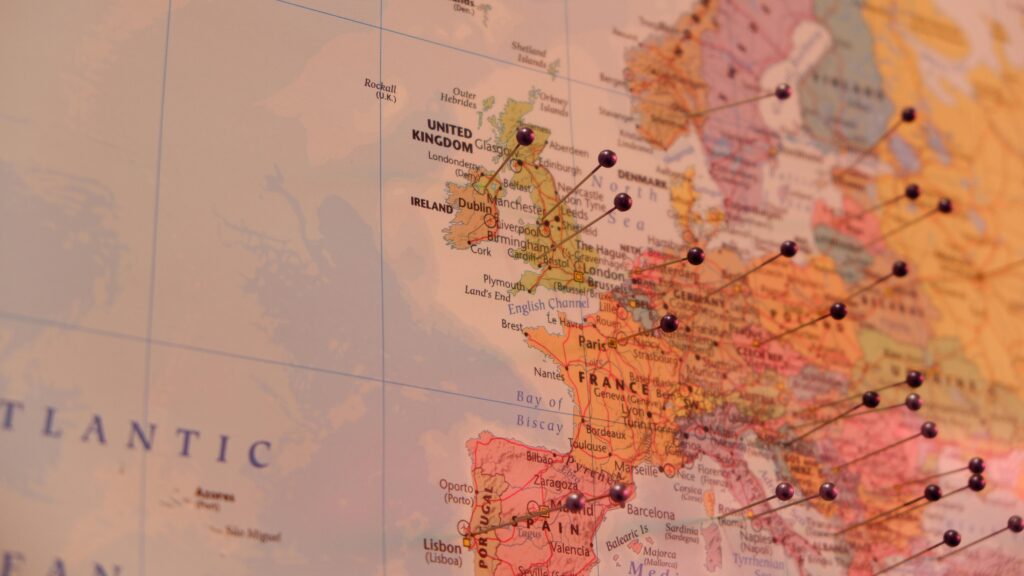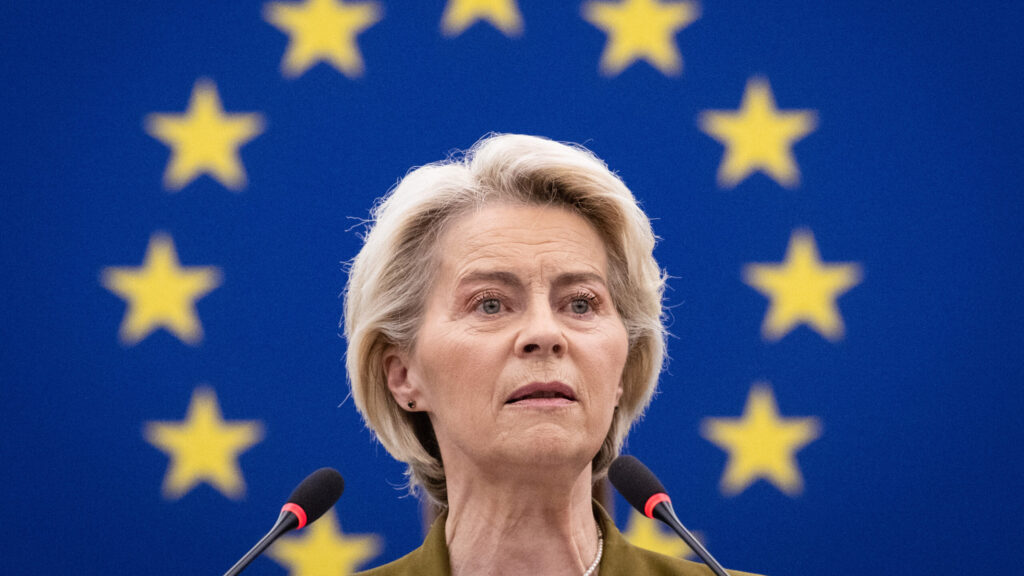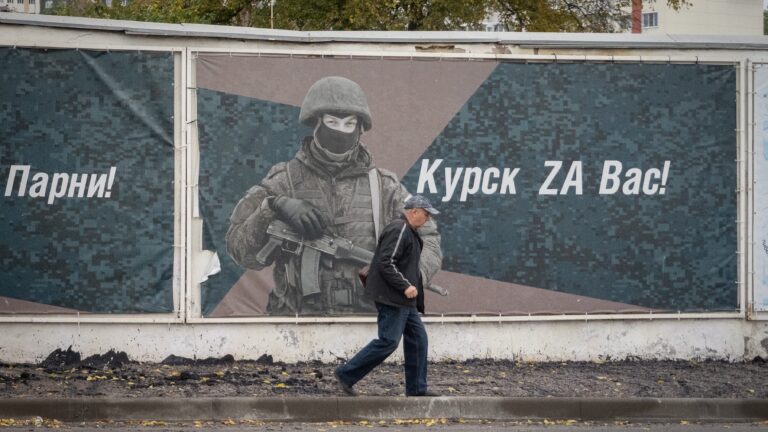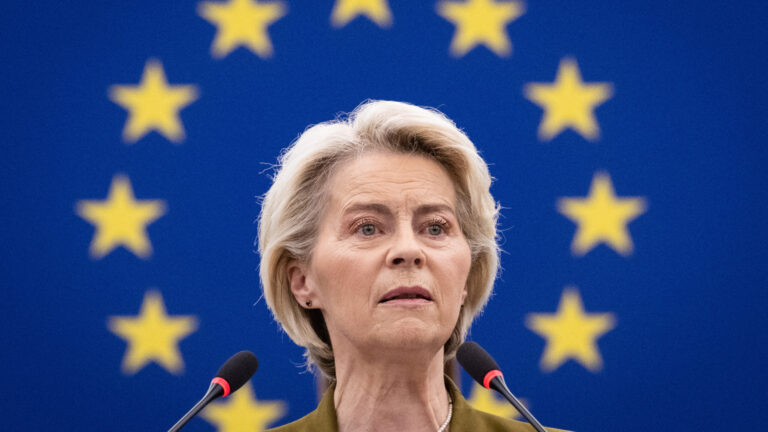Due to Russia’s aggression against Ukraine, energy prices have skyrocketed in Europe, which in turn may result in energy rationing in the region. A deal with Azerbaijan proposed by the European Commission that would gradually increase natural gas imports from the Central Asian country and expand the Southern Gas Corridor pipeline may bring Europe back from the brink of catastrophe.
New Deal
Although the draft could change, and it still needs the approval of the governments involved, it will likely help the European Union in its efforts to greatly reduce reliance on Russian gas.
‘The sides aspire to support a bilateral trade of natural gas, including through exports to the European Union, via the Southern Gas Corridor, of at least 20 billion cubic metres of gas annually by 2027, in accordance with commercial viability and market demand,’ said the document, dated July 11.
In 2021, more than 8 billion cubic metres of Azeri gas was imported to the EU through the Trans-Adriatic pipeline. According to the draft, both sides will finance the expansion of the pipeline to not only boost natural gas deliveries to Europe, but to carry low-carbon gases in the future to reduce emissions.
As energy-security is shaky and the EU is looking for a stable source of gas, the draft highlights the importance of ‘long-term, predictable and stable contracts.’ It also states that future contracts must align with the EU’s climate change targets, which require gas use to drastically decrease in the next decade.
Azerbaijan is already increasing its gas exports to Europe, but further increases require expansion in production, which calls for new investments, Azerbaijan officials said during the Baku Energy Week in June.
Energy Minister Parviz Shahbazov declared that Azeri gas exports should reach 10 billion cubic metres, which would be a 20 per cent growth compared to last year.
European Demand
In June, representatives from numerous European countries, including Romania, Italy, Serbia and Hungary, travelled to Azerbaijan to discuss the growing demand for gas that was prompted by Gazprom cut offs and the threat of further reduction in gas supplies.
Hungarian Minister of Foreign Affairs and Trade Péter Szijjártó said on the 2nd of June: ‘We want Azerbaijani gas to become the main gas in Europe. However, to implement this idea, it is necessary to develop the infrastructure and potential of the Caspian region.’
Vannia Gava, Italy’s Undersecretary at the Ministry of the Ecological Transition, said that the country will continue to work on the diversification of supply and infrastructure improvement. ‘We want to increase the capacity of the Trans-Adriatic Pipeline to 20 billion cubic metres. This will play an important role in terms of ensuring supplies to Greece and Italy,’ she said.
Russia’s share of total gas imports to the EU amounted to almost 50 per cent in 2020, accounting for around 150 billion cubic metres of gas.
As most EU nations are racing to replace Russian gas entirely, the task seems insurmountable. Therefore, other sources of gas are necessary. If the necessary pipeline improvements and production increases can be achieved, Azerbaijan could serve as a great substitute, provided that the EU can decrease its gas consumption and switch to other fossil fuels and renewable energy.







